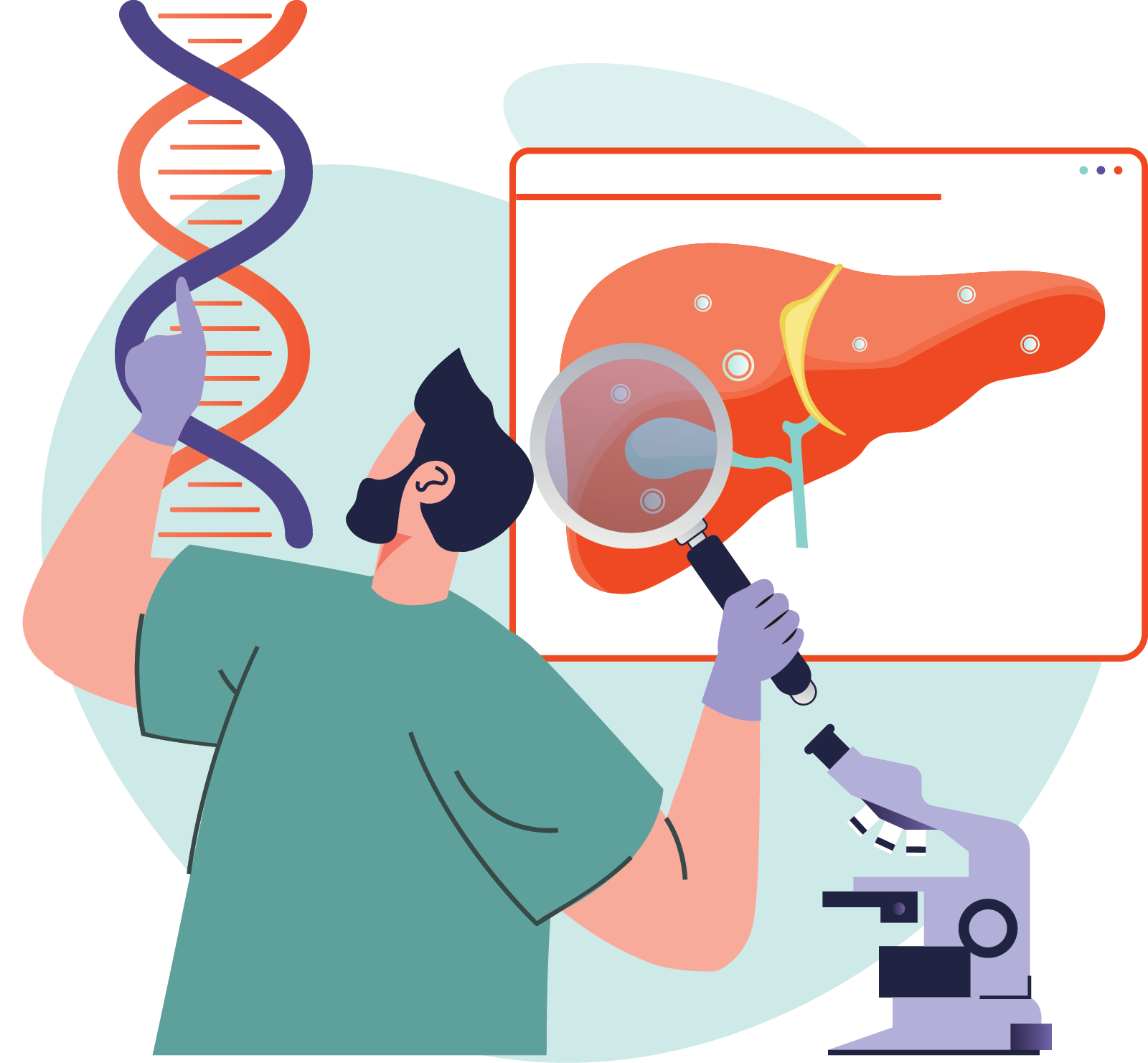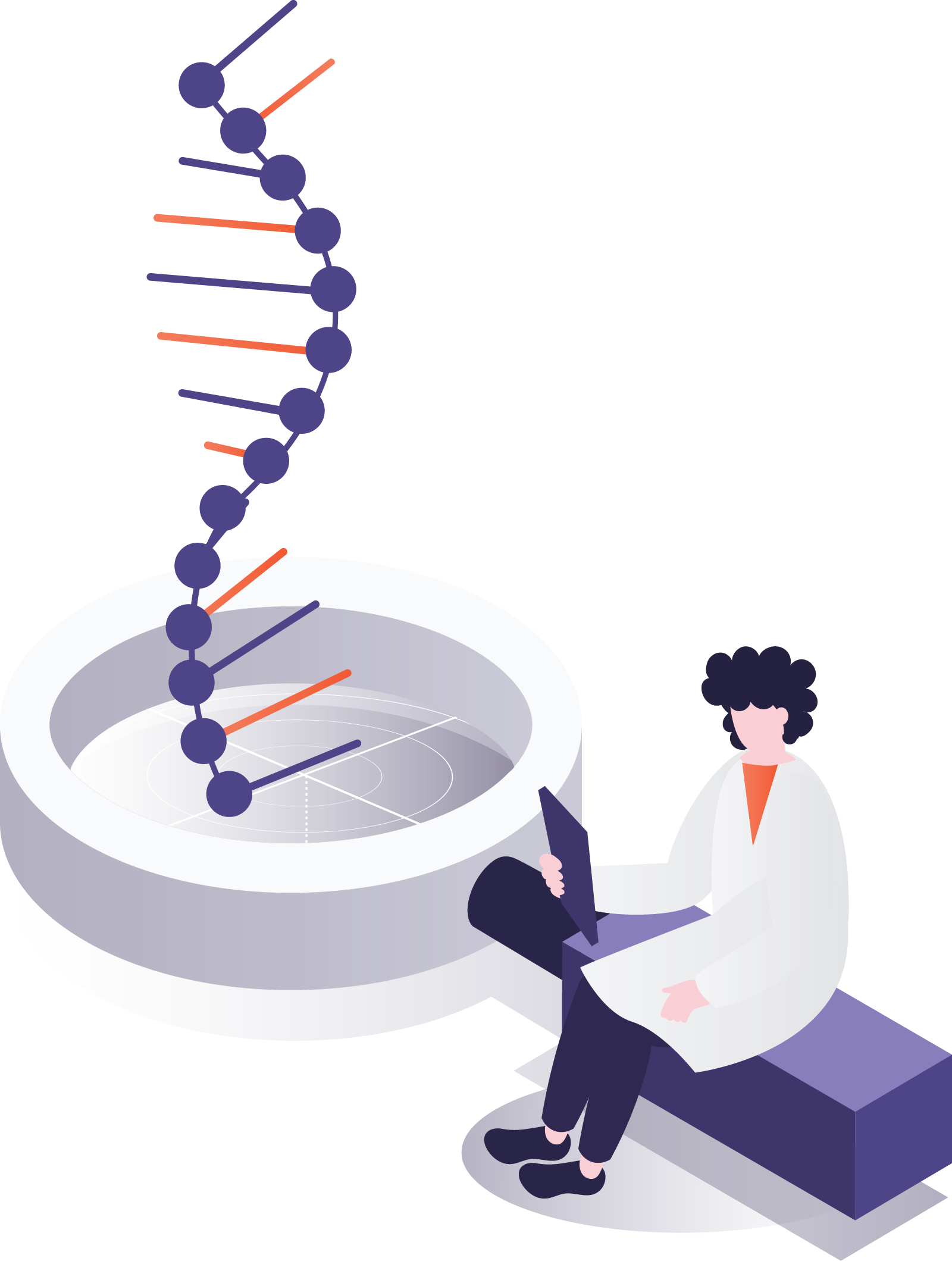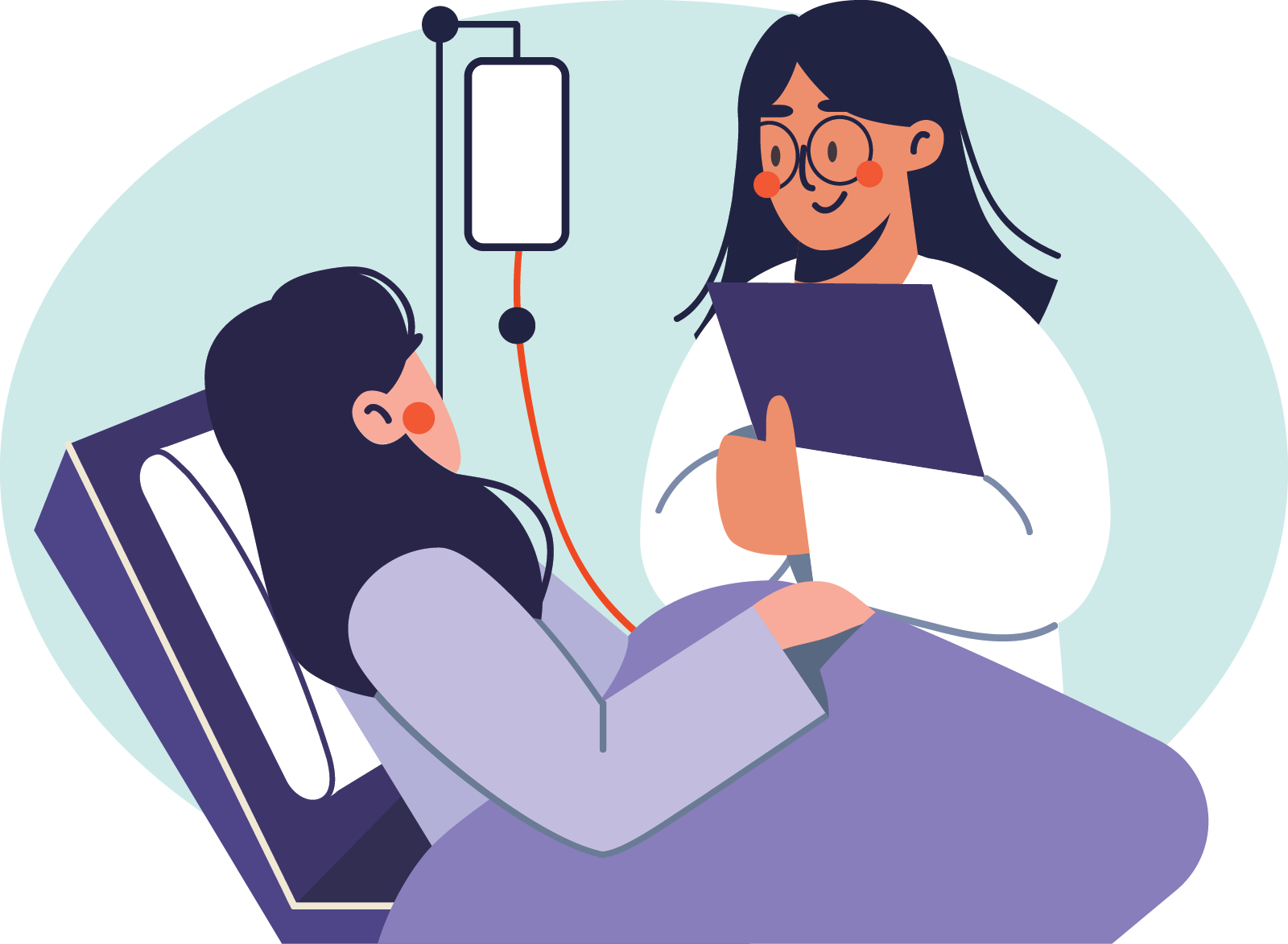
About The Trial
We are looking to better understand a potential new treatment for AATD called KRRO-110.
The purpose of the clinical trial is to test how safe and well tolerated KRRO-110 is, and to gain more information about how the study drug may improve levels of Alpha-1 Antitrypsin (AAT) protein, lung and liver function in patients with AATD.
If you take part, you will complete an evaluation visit to ensure the study is a good match for you. If you are eligible to participate, you will receive the study drug via an infusion and will attend a further five visits to the study centre for the study team to check your health and wellbeing.
About KRRO-110
What you should know about the investigational drug
KRRO-110 is an antisense oligonucleotide (ASO) drug that is designed to correct the abnormal RNA in people with AATD who have the PiZZ gene mutation. This correction does not involve any changes to the DNA and does not permanently alter a person’s genetic material and cannot cause any changes to genes that can be inherited. If KRRO-110 treatment is successful, the correction of abnormal RNA should allow people with AATD to naturally produce healthy copies of the AAT protein.
- KRRO-110 is investigational drug, which means it is not approved for commercial use by any health authority,
Would you like to participate?
You or someone you care for may be eligible to take part if you/they:
Have been diagnosed with AATD
Are aged 18 – 70 years
Are not currently being treated with augmentation therapy
Are not currently participating in another clinical trial
Additional information may be required to confirm your eligibility. Please visit clinicaltrials.gov for full eligibility criteria or contact us at clinicaltrials@korrobio.com
Locations
The REWRITE Clinical Trial will be conducted at numerous centers in Australia and New Zealand. The latest information is available at clinicaltrials.gov


